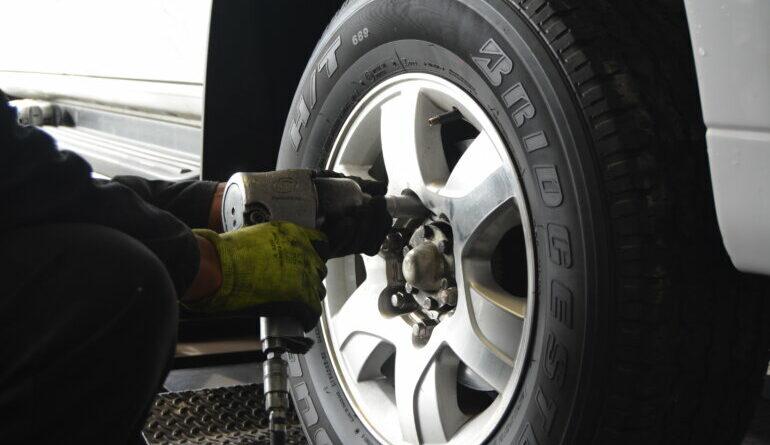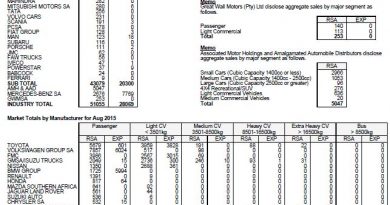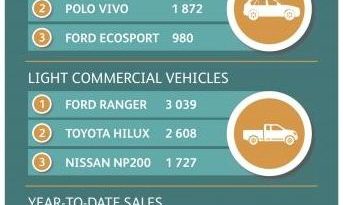Cheap tyre imports the new normal – but tread lightly
It is anticipated that seven out of every 10 vehicles in South Africa will be fitted with lower-priced imported tyres in the next five years.
In 2021 these tyres, most of which are imported from China, already accounted for more than 50 per cent of local circulation, according to research by the South African Tyre Manufacturers Conference (SATMC).
Werner du Preez, general manager of Eastern Cape-based Kelston Tyres, said South Africans had become extremely price-sensitive, which explained why these brands had gained the market traction they had.
Furthermore, Du Preez and industry colleagues expected a dramatic increase in the number of motorists who chose these tyres in the next few years. This, he said, may affect the supply of locally-manufactured tyres.
Most customers view tyres as a “grudge purchase”, even though they are a must-have. Accordingly, they try to buy as cheaply as they can without necessarily thinking of lifespan and back-up.
While the quality of these imports has improved over the last decade, Du Preez said it should be remembered that they did not carry the same advantages as tyres produced in South Africa by the likes of Continental and Dunlop.
“The fact is we don’t know where exactly these tyres are being manufactured, whereas we know where our locally-manufactured products come from,” he said.
“If you sustain damage to a locally-produced tyre or a factory defect is detected, the matter can be addressed immediately with the respective OEM (original equipment manufacturer).”
This is opposed to an imported tyre where, in many cases, there is not a representative available to assist.
“This impacts the consumer in a negative way,” Du Preez said.
While the standard of cheaper alternatives has improved, the difference between these and local products still varies as local tyres are built for South African weather conditions and road conditions, ensuring a longer lifespan.
Imported tyres, on the other hand, are manufactured according to a standard, fixed design.
Du Preez said the sidewalls of the import were more likely to “give” when pressure was applied to them, indicating it was not as robust as its local counterpart.
“Again, it is difficult for customers to get specific information pertaining to your cheaper import.
“With your local tyre this information can be obtained much easier, with the added bonus of face-to-face interactions with the OEM representative, depending on the issue at hand,” he said.
On average, he said, tyres manufactured locally were good for about 15 000 to 20 000 more kilometres than those from overseas. He did, however, emphasise that driving style and road conditions played a major role in any product’s longevity.
Du Preez, who oversees operations at Kelston’s BestDrive branch in Gqeberha, Tyremart in Kariega and Fastlane in Somerset East, said many customers in Nelson Mandela Bay, in particular, remained true to Continental, Goodyear, Dunlop and Bridgestone/Firestone.
“They rely on the name and the history. Continental has been in business for more than 150 years and people trust the brand.”
Last year, the SATMC successfully applied to the International Trade Administration Commission of South Africa for anti-dumping duties of 38.8 per cent to be imposed on Chinese imports.
The body argued that these tyres were imported into the country at unsustainable rates that were impacting local manufacturers, which employ more than 6 000 people countrywide.




